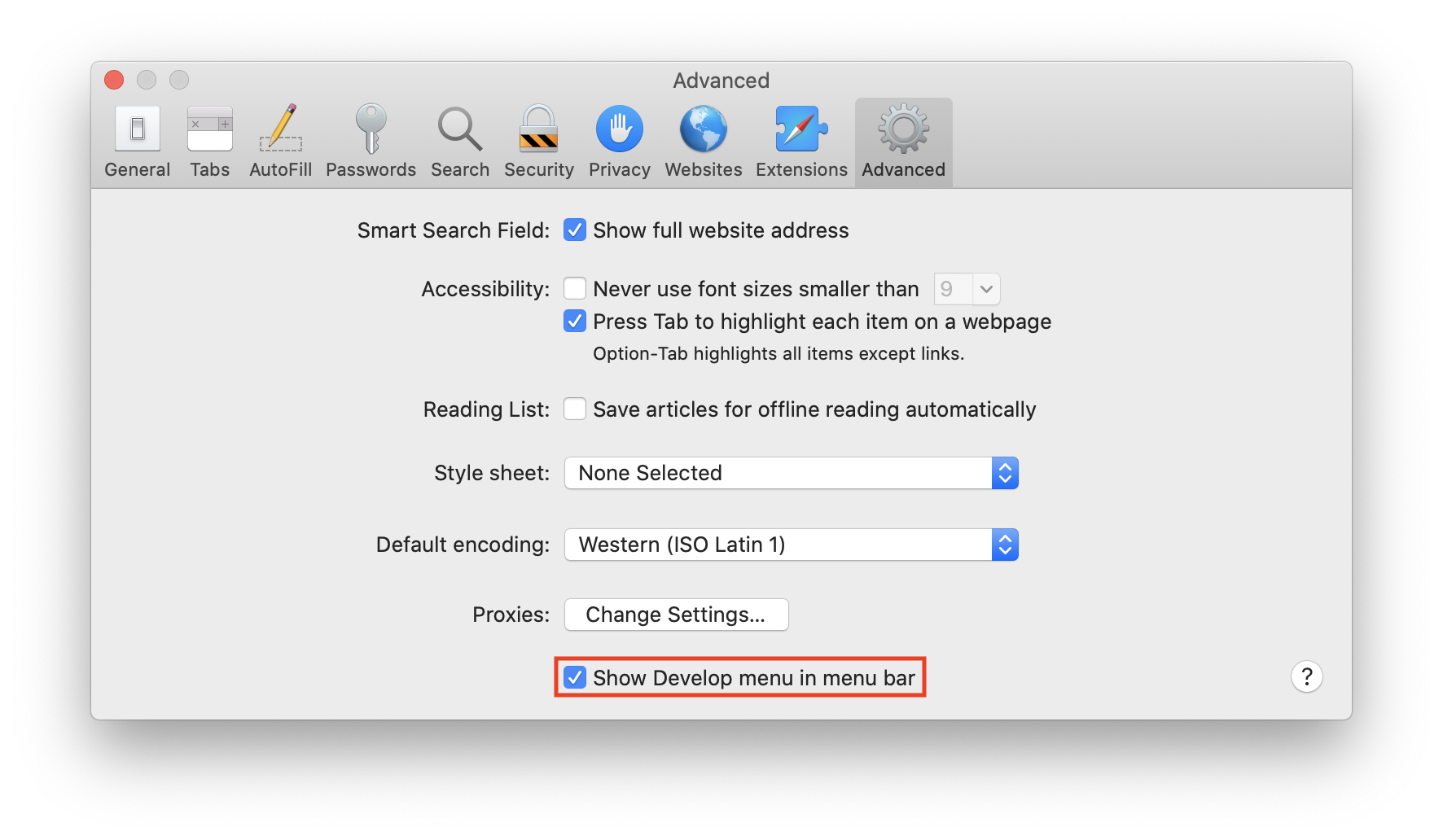

First, pity the developer whose manager or customer expects that the application will work on multiple mobile browsers "built on WebKit." Second, open source does not make it easier for customers or their developers to transition applications from, say, building for the Google Android platform to, for example, Palm WebOS. Unfortunately, this is the single example of such a close relation. I'm now fairly certain S60v5 is actually based on Safari 3.0. The closest relation of a desktop WebKit to a mobile WebKit is between Safari 3.0 and S60v5.Regressions are fairly common: iPhone 3.1, Android G2, and S60v5 all (partially) dropped support for features handled by their predecessors.The Android G1 and G2 WebKits score rather badly it’s the worst mobile WebKit except for S60.The best WebKit available is Safari 4 the worst is S60v3.Out of 19 tested WebKits, no two are exactly the same.When Koch tried out WebKit browser versions on 27 tests, he found:

A WebKit-based browser is, well, whatever the vendor wants it to be. As you read on, keep in mind there is no standard that vendors using WebKit must adhere to or claim certification against. In fact, Wikipedia lists 19 browsers based on the open source WebKit browser engine. Readers know WebKit as the open source Web browser engine used by several mobile and PC Web browsers, including Apple's Safari, Google's Chrome, Palm's WebOS, and the Android Web browser. Thanks to Palm's Dion Almaer for pointing out the analysis. I was reminded of this conclusion when reading Peter-Paul Koch's analysis of WebKit implementations. I argued that open standards provide greater protection against vendor lock-in than open source alone. Last week I wrote about the benefits of open standards versus open source.


 0 kommentar(er)
0 kommentar(er)
